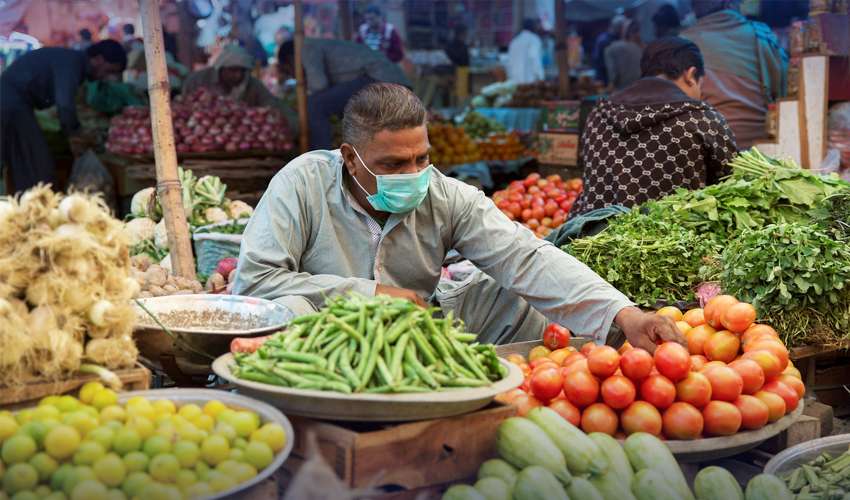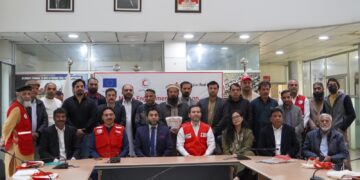Karachi: In Karachi, residents are struggling with sharply soaring expenses to maintain their livelihoods, let alone with living costs; the prices of essential vegetables and pulses have gone up further making the situation critical. Through local markets, it comes to light that prices have skyrocketed where tomatoes are being sold at between 200 and 250 rupees per kilogram, cauliflower sells for 200 rupees per kilogram, and oka-Rs400 per kilogram. Even the basic foodstuffs such as potatoes and onions have been seen to have increased their prices by three folds depending on the price setting which now ranges between Rs 120 and Rs 150 per kilogram.
The reasons for food inflation include factors such as disruption of the supply chain, high transportation costs, and market distortion due to price manipulation by individuals, middlemen, and shop owners in markets all over the city. This situation has stretched household budgets to the limits and turned food items into delicacies that many residents can scarcely afford.
At the same time, the federal government has raised the basic electricity tariff significantly higher as follows: The immediate increase of basic electricity tariff is likely to increase. The hike varies from Rs7 to Rs12 per unit depending on the consumption where non-commercial consumers up to 200 units per month will not be charged for the next increase for the next three months. For other domestic consumers, the new tariff is to determine the rate at Rs 48/ kWh. A USD 0.84 per unit increase is a sizable shift that may affect households across the country.
In view of these economic setbacks, there are pressures on local authorities to respond promptly to stem the practice of affordability by consumers and reduce expenses burdening people. It has generated a lot of enthusiasm in the community to get responsive measures to contain price fluctuations for the sake of stabilizing prices and protecting key commodities from the uprising cost of living pressures.
Karachi’s rising food prices and new electricity tariffs, both raise concerns about the overall effects they may bring to households already under financial stress. Measures are being underway to address these problems and help the population, hence stressing the importance of effective intervention to reduce the ongoing economic losses.



















